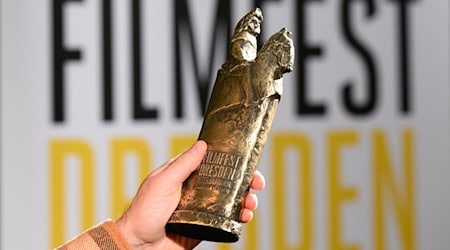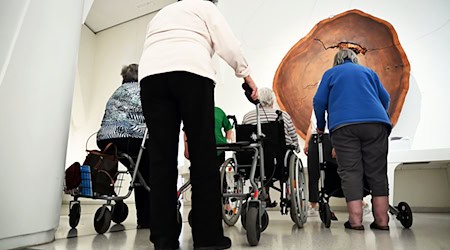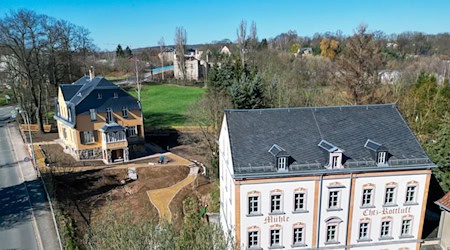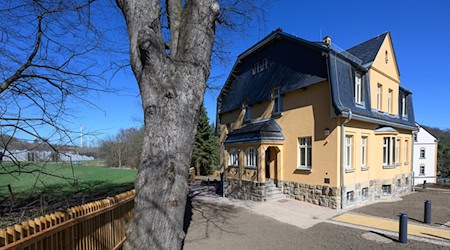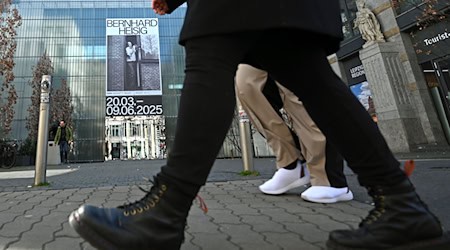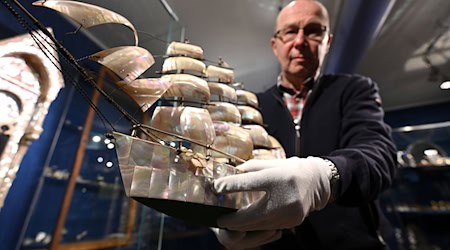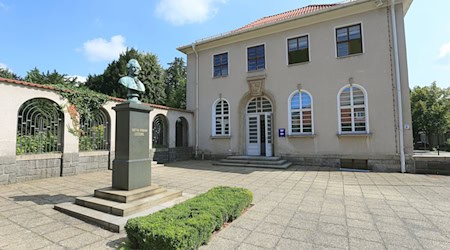In the discussion about the renaming of works of art at the Dresden State Art Collections (SKD), Culture Minister Barbara Klepsch has defended artistic freedom. "We do not interfere politically with the freedom of art," emphasized the CDU politician in the state parliament on Thursday. It is therefore more than right that this freedom is enshrined in the Basic Law. Nevertheless, Klepsch conceded that more needs to be said in public about what happens to the objects.
The background to this is a long-running debate according to which the SKD wants to refrain from using discriminatory language when describing works of art. The procedure had already been discussed in 2021. The SKD justifies the editing of work or object titles as a "common practice that has taken place in many museums around the world for centuries." Recently, "Bild" reported on further renamed works. The AfD parliamentary group in the state parliament criticized the procedure on Thursday and referred to an online petition launched by the Free Voters in 2021, which calls for the works of art to be renamed.
The SKD had the task of collecting, researching and scientifically processing, said Klepsch. According to the information, around 1.7 million objects are recorded in the museum database "Daphne". The scientists' task is to research the origin and legality of the acquisition. Among other things, they are also looking to see whether titles are racist or discriminatory. Klepsch gave the example of a work by the painter Jacob van Ruisdael, which was retitled from "Jewish Cemetery" to "The Jewish Cemetery". "Completely correct from my point of view." According to Klepsch, historical titles given by artists themselves are marked with quotation marks.
In most cases, it is about object descriptions from research, an SKD spokesperson explained on request. Some descriptions proved to be factually incorrect in the course of more recent research and had to be corrected accordingly. Out of a total of 1.7 million objects recorded in the museum database, the titles of 223 works (as of September 2022) have been revised with regard to discriminatory terms, according to the Staatliche Kunstsammlungen website. In most cases, the titles were not assigned by the artists, but by researchers or former museum employees.
The etching "Reclining Nude Woman" by Rembrandt from the Kupferstich-Kabinett, for example, used to be called "La Negresse coucée" ("The Reclining Negress"). The title did not come from the artist himself and researchers had determined that it was actually a light-skinned woman lying in the shade on a cushion. "The title has therefore been corrected," said a spokeswoman.
Copyright 2023, dpa (www.dpa.de). All rights reserved



